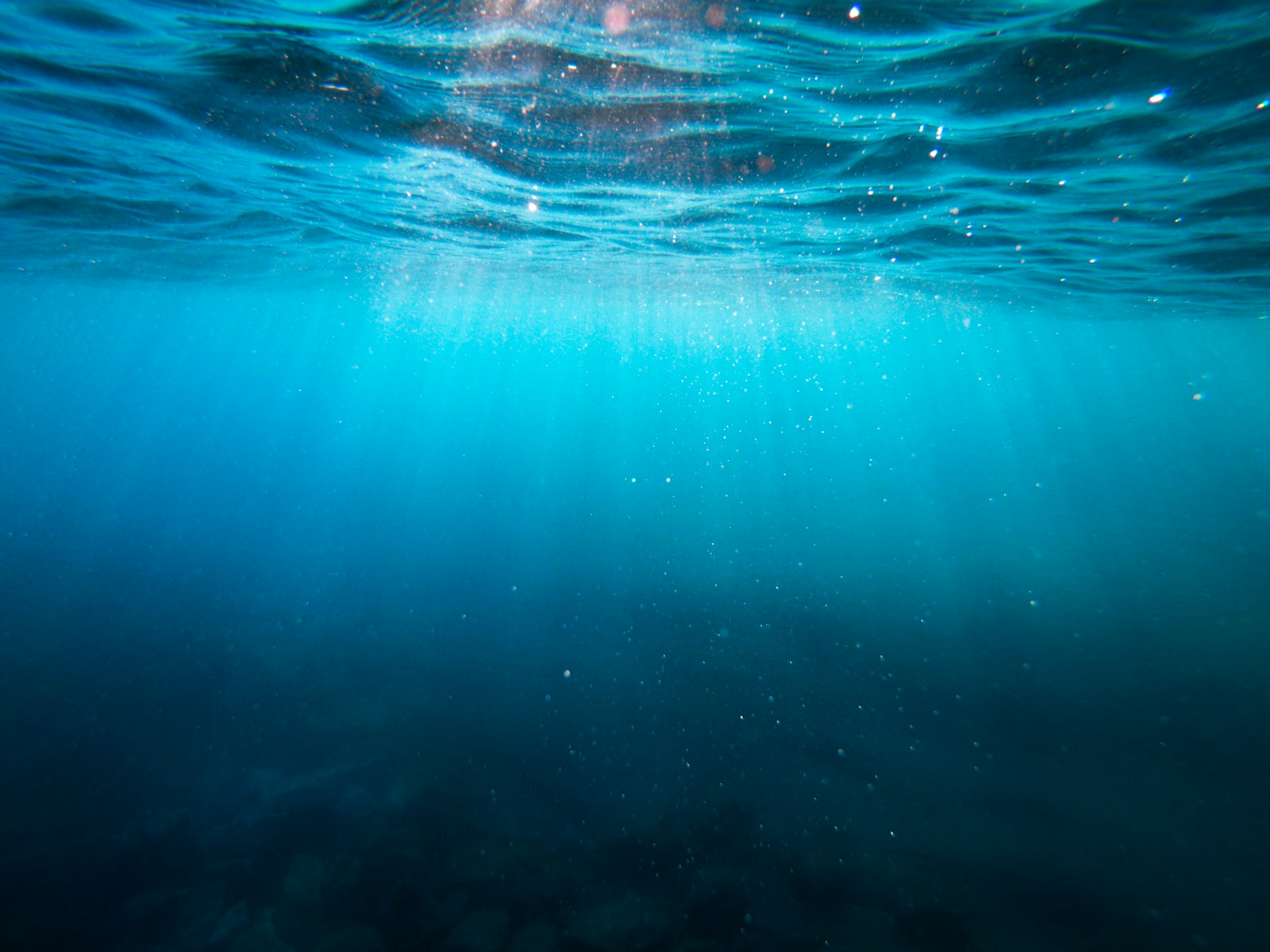
Unleashing the Benefits of Introducing Baby Brine Shrimp to Your Reef Aquarium
Plankton Marin
6/30/20232 min read


When it comes to nurturing a vibrant and diverse reef aquarium, providing a nutritious and natural food source is paramount. Baby brine shrimp, also known as nauplii, have long been hailed as a valuable addition to the diet of marine organisms in aquariums. In this blog post, we will delve into the remarkable benefits of incorporating baby brine shrimp into your reef aquarium. From their exceptional nutritional profile to their role in stimulating natural feeding behaviors, these tiny crustaceans offer numerous advantages for the health and vitality of your underwater ecosystem.
Exceptional Nutritional Value:
Baby brine shrimp are a powerhouse of essential nutrients, making them an ideal food source for a wide range of marine organisms in your reef aquarium. They are rich in proteins, lipids, amino acids, and omega-3 fatty acids, all of which contribute to the growth, development, and overall health of fish, corals, and other invertebrates. The high nutritional value of baby brine shrimp ensures that your tank inhabitants receive the vital nutrients they need to thrive.
Encourages Natural Feeding Behaviors:
Feeding marine organisms a varied diet that mimics their natural prey items is crucial for their overall well-being. Baby brine shrimp closely resemble the planktonic organisms that many marine organisms would encounter in the wild, stimulating natural feeding behaviors. The movement and size of baby brine shrimp entice fish and invertebrates to exhibit their instinctive hunting and foraging behaviors, providing mental stimulation and ensuring a more natural and fulfilling feeding experience.
Ideal for Finicky Eaters:
Some fish and invertebrates in reef aquariums can be picky eaters, which can pose challenges for their nutritional needs. Baby brine shrimp, with their small size and lively movement, can entice even the most finicky eaters to feed. Their presence in the aquarium can be particularly beneficial for newly introduced or shy species that may be reluctant to accept other types of food. Baby brine shrimp can act as a transitional food to encourage the acceptance of other prepared or frozen foods over time.
Supports Growth and Coloration of Corals:
Many reef-building corals have a symbiotic relationship with zooxanthellae, photosynthetic algae that reside within their tissues. Baby brine shrimp can indirectly benefit corals by providing nutrition to their zooxanthellae, stimulating their growth and photosynthetic activity. Enhanced zooxanthellae activity often leads to improved coloration, faster growth, and increased resilience of corals in the reef aquarium. Adding baby brine shrimp to your tank can contribute to the overall health and beauty of your coral inhabitants.
Versatile Feeding Options:
Baby brine shrimp offer flexibility in feeding options for your reef aquarium. You can hatch and culture them at home using commercially available brine shrimp hatchery kits, ensuring a constant supply of live nauplii. Alternatively, frozen baby brine shrimp are readily available in the market, providing a convenient and nutritious food source. Their versatility allows you to choose the most suitable option based on your preferences and the specific dietary requirements of your tank inhabitants.
Conclusion:
Incorporating baby brine shrimp into your reef aquarium provides a plethora of benefits for your marine organisms. From their exceptional nutritional value and stimulation of natural feeding behaviors to their support for coral growth and coloration, baby brine shrimp are a valuable addition to your tank. Ensure a varied and balanced diet by incorporating these tiny crustaceans alongside other suitable foods, such as prepared and frozen options. By embracing the benefits of baby brine shrimp, you are taking a significant step toward creating a thriving and harmonious underwater ecosystem in your reef aquarium.

